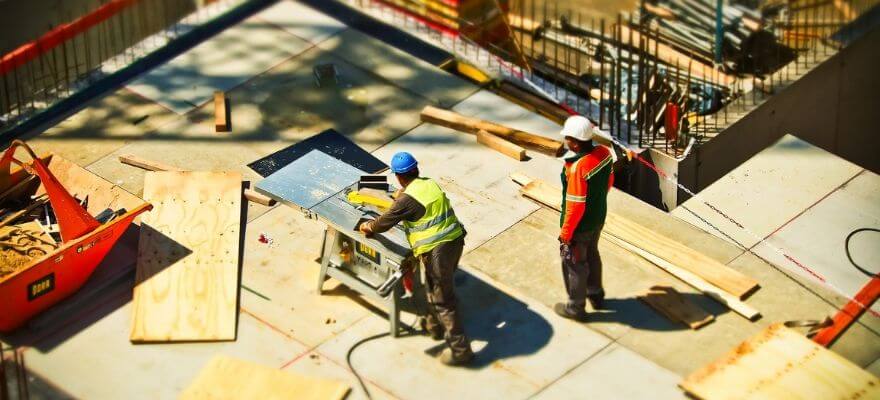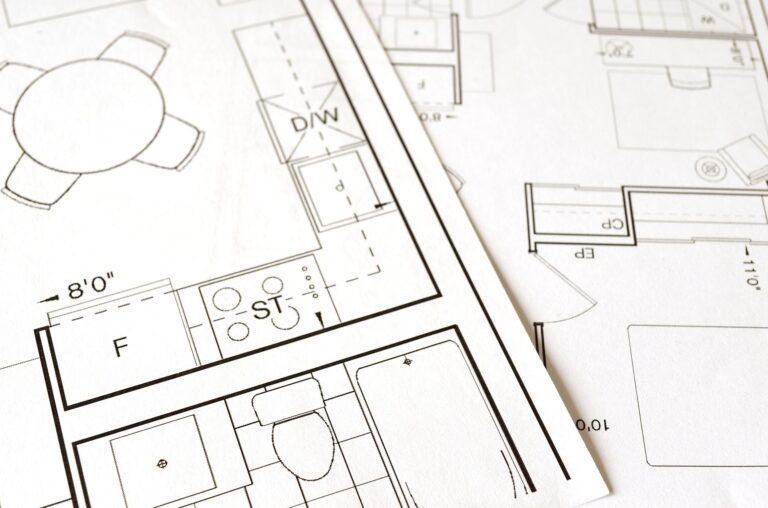To those outside the building industry, there may appear to be little difference between a head contractor and subcontractor, however both play an important part in the building process.
When building a home, you need to understand who is liable for the completed work, and who you liaise with throughout the project, so let’s break down the differences:
Head Contractors
The head contractor is the individual or business who holds the contract with the client. The head contractor is the party responsible for the deadline and quality of work agreed upon in the contract.
Contractors charge for the entire project, with payment broken into completed stages of the build. The head contractor is responsible for sourcing all materials, labour, vehicles, keep to schedule, monitor the budget, and adhere to industry safety standards.
Head contractors are expected to be licensed, insured, and experienced to ensure compliance, and a home that is safe and up to standard.
They will be leading your project and your point of contact – so always go with someone you feel comfortable working with and who listens to your ideas and concerns.
Subcontractors
A subcontractor is hired by the head contractor to complete stages or specialist tasks for the build, such as flooring, carpentry, plumbing, or electrical work. They answer to the contractor and don’t tend to have contact with the client.
While you do not choose who the subcontractors are, you do get to approve their work once completed and can work with the head contractor to make changes, improvements, or have the work redone if it is not up to standard.
When you choose a head contractor you are trusting they have a network of experienced specialists they work with to complete the details to a high standard – if the work is at a poor standard during and at the end of the build, it is the head contractor who is liable for fixing any issues.
Tips for Finding a Good Contractor
Just like any stage of purchasing or building a property, the research you do at the start will make a hug difference to the overall experience and end result. Shop around, ask questions, and look for examples of their work before signing a contract with anyone.
Some great pointers to consider when interviewing contractors and builders are:
- Ask them about their experience and request references from past projects. Were they on time, on budget, and was the project of high quality?
- What is their network of professionals? Do they know an experienced tradesperson to complete each step of the project and can you see examples of their work?
- Ensure they have planned for adequate access to the property without disturbing your neighbours, as well as safe access should you be living in the home during the renovations.
- Have they allowed for delays or extra costs in their quote?
It’s best to always take your time, do your homework, and never rush into any decisions as building or renovating a property is a huge investment and require the best people.










